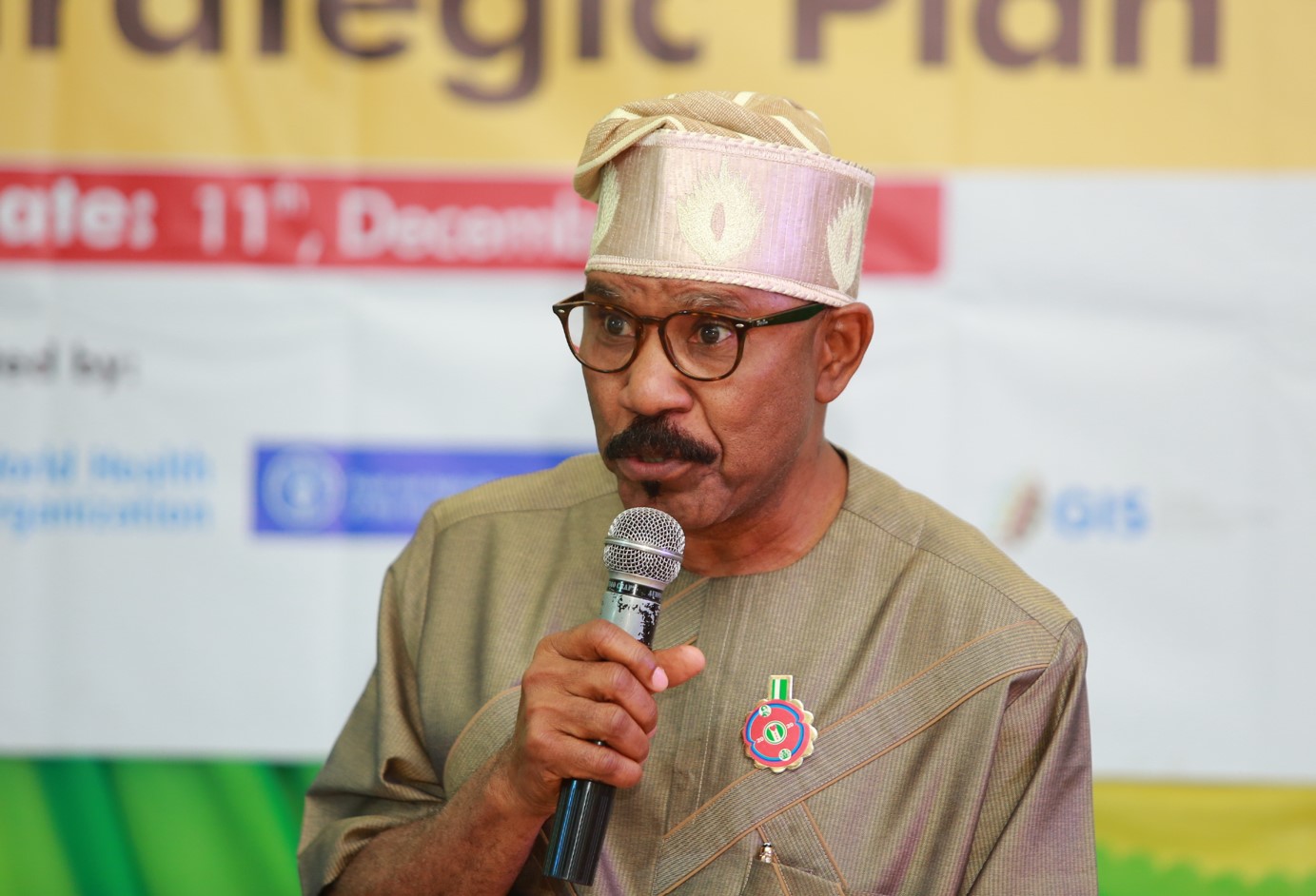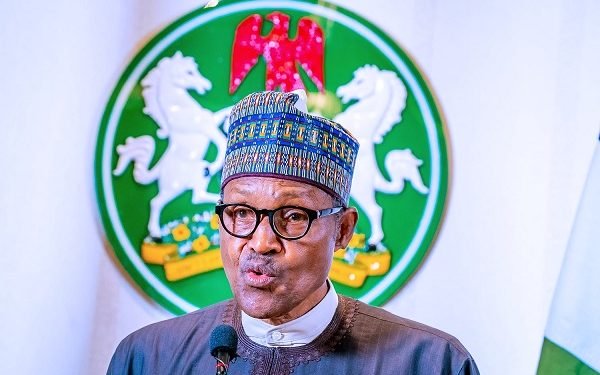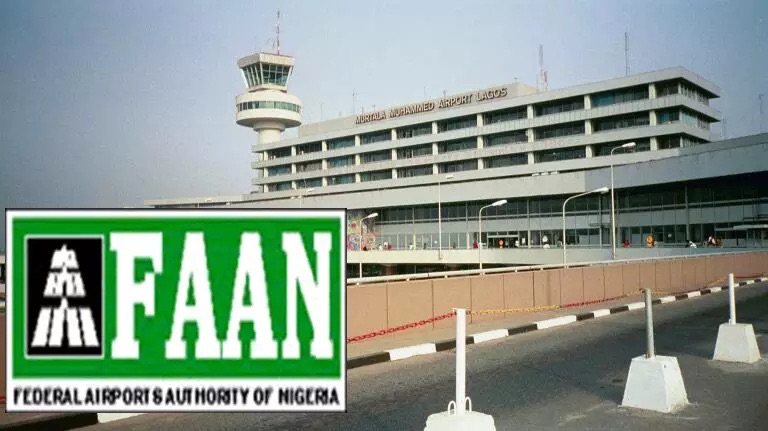The Federal Government has urged relevant stakeholders to embrace carbon tax to help tackle climate change in the country.
Prof. Romanus Ezeokonkwo, Acting Vice Chancellor, University of Nigeria, Nsukka, (UNN), said this on Thursday at a stakeholders’ workshop on “Understanding the Incentives and Obstacles to Effective Carbon Tax Regimes in West African Countries.”
Ezeokonkwo described carbon taxation as a cost charged on the amount of carbon emissions into the space.
He said that the Federal Government through the development which was introduced by the National Council on Climate Change (NCCC) was developing a framework to determine the amount to be charged based on the quantum of emissions.
He said that the Federal Government, through the NCCC, was devising strategies to implement a robust carbon finance (carbon market framework and carbon tax regime) for the country in line with the Climate Change Act.
This, he said, followed the ongoing global dialogue on climate change mitigation, which emphasises the necessity of reducing greenhouse gas emissions through practical policy measures such as carbon taxation.
The Vice Chancellor called on the stakeholders to ensure that they sensitised the public to buy into the government plan.
“The theme of today’s workshop is timely as the Federal Government, through the NCCC, is devising strategies to implement a robust carbon finance, carbon market framework and carbon tax regime for the country in line with the Climate Change Act.
“The timing of this workshop is crucial given the ongoing global dialogue on climate change mitigation, which emphasises the necessity of reducing greenhouse gas emissions through practical policy measures such as carbon taxation.
“Your role as stakeholders is crucial. While effective carbon pricing is acknowledged as a powerful tool in the global battle against climate change, getting public support for environmental policies remains a significant challenge in Africa.
“This workshop, therefore, seeks your valuable input from pertinent stakeholders in the realms of carbon pricing and fuel subsidy reforms in Nigeria and Ghana” he said.
In his remarks, Head, Economic Regulation, National Petroleum Authority of Ghana, Abass Tasunti, stated that Ghana was also on the verge of ensuring that fossil fuel emission was drastically reduced.
Tasunti said that the country’s target was mainly the industries that emit a large scale carbon.
He however, said that so far, the country had not arrived at a fixed rate for it.
“The whole essence of carbon taxation, in my view, is to introduce taxes that move people away from the consumption of fossil fuel.
“Policymakers are looking for a way to impose taxes on petroleum products and use them to provide the other alternative fuels.
“If they are done, it will give consumers options because you will agree with me that fossil fuel will not go off immediately.
“These carbon TAXATION initiatives and cleaner fuel initiatives are supposed to complement the use of fossil fuels” he said.



